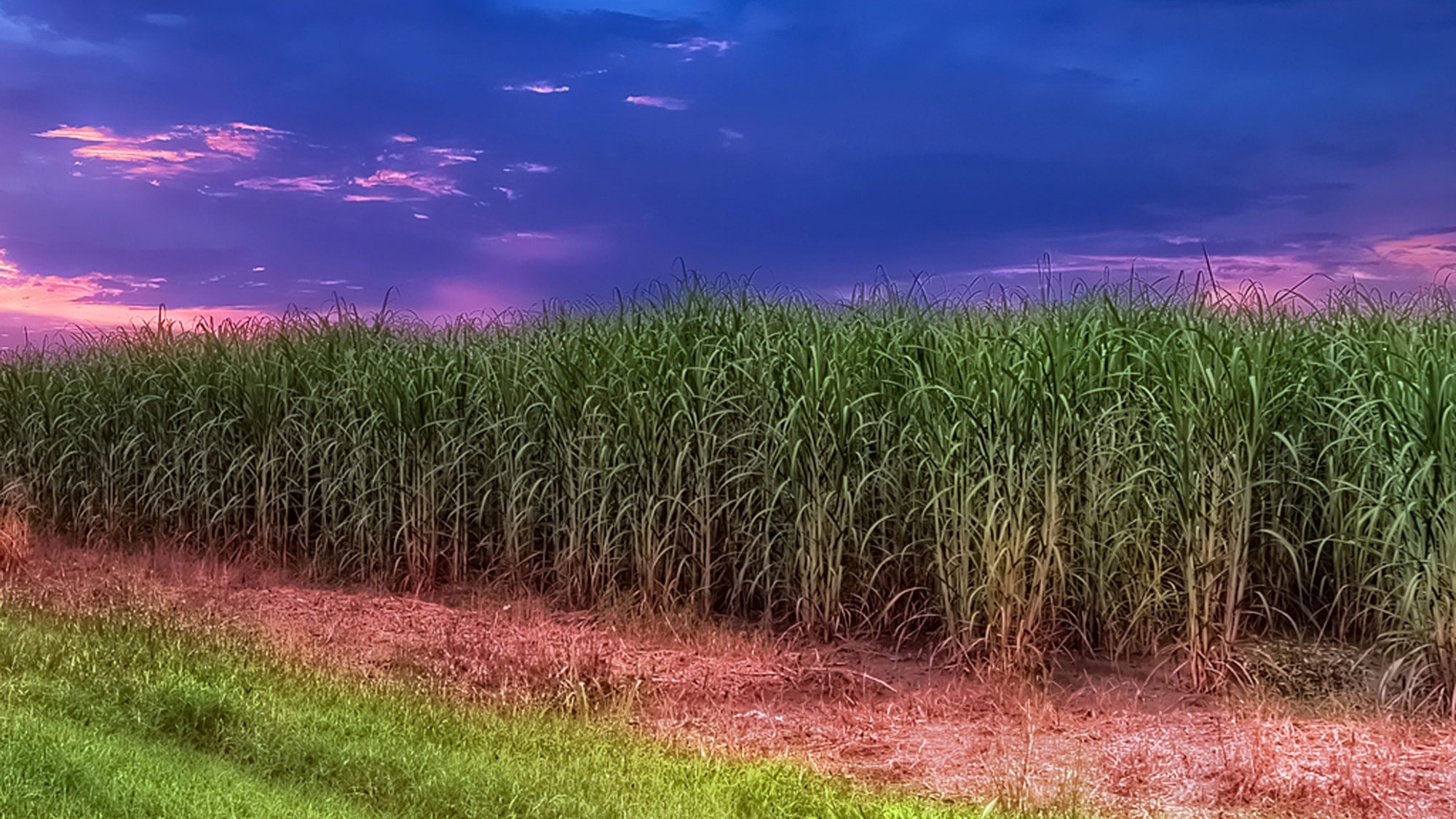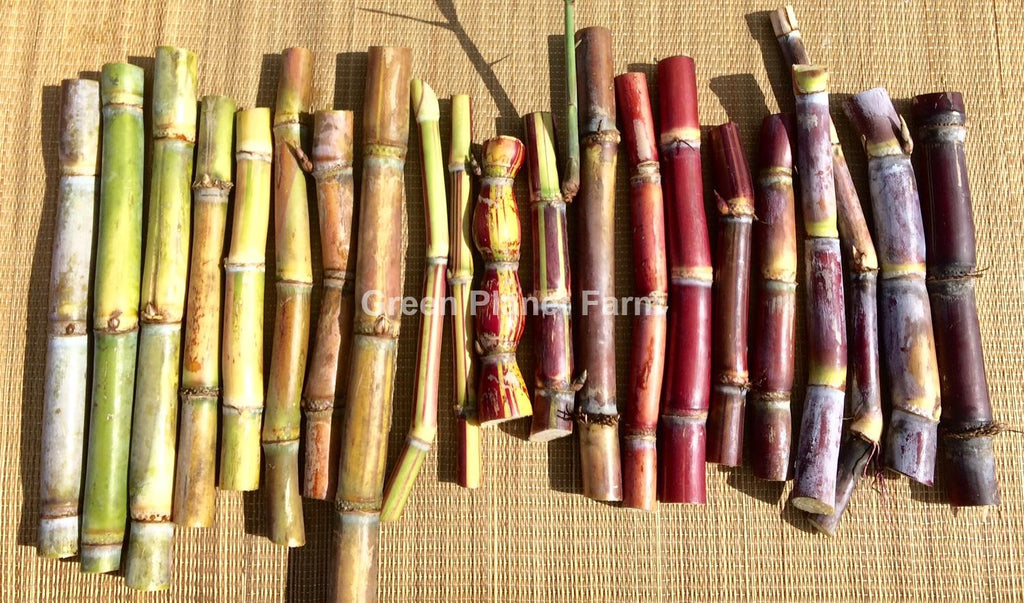Why Cane Sugar Processing Chemicals Are Important for Modern Sugar Refining
The duty of cane sugar handling chemicals in modern-day sugar refining can not be overstated, as they are indispensable to enhancing both the efficiency of extraction and the total high quality of the end product. Representatives such as phosphoric acid and specific flocculants are used to get rid of impurities, causing sugar that not just fulfills customer assumptions however also adheres to industry requirements. The implications of these chemicals prolong beyond top quality, touching upon market characteristics and ecological factors to consider. sugar and cane. This raises essential questions about the sustainability of such techniques and their influence on the future of sugar production.
Role of Processing Chemicals
The efficacy of cane sugar handling hinges considerably on the calculated application of handling chemicals. These chemicals play an essential function in boosting the efficiency and high quality of sugar extraction and refining. From the initial stages of juice extraction to the last filtration steps, handling chemicals promote different essential procedures.
In the extraction phase, chemicals such as phosphoric acid and calcium hydroxide are employed to maximize the clarification procedure, aiding to remove impurities and suspended solids from the cane juice. This not only improves the return however likewise guarantees the quality of the final item. Furthermore, agents like flocculants aid in the rapid settling of pollutants, consequently enhancing the total procedure.
As the processing developments, chemicals are made use of in decolorization and condensation phases. Triggered carbon and ion exchange resins offer to remove shade and odor, guaranteeing that the refined sugar satisfies customer top quality standards. Inevitably, the duty of handling chemicals expands beyond functional efficiency; they significantly affect the sensory attributes of the end product, adding to market competition. Hence, the careful option and application of these chemicals are essential for attaining optimum end results in walking stick sugar handling.
Secret Types of Chemicals
Cane sugar processing counts on a selection of key chemicals that promote each phase of production. These chemicals play necessary functions in making clear, whitening, and purifying the sugar removed from cane.
One key group of chemicals includes flocculants, such as polyacrylamide, which help in the information procedure by promoting the gathering and settling of impurities. Furthermore, calcium hydroxide is typically employed to neutralize level of acidity and aid in the elimination of non-sugar parts.
Lightening agents, such as triggered carbon and sulfur dioxide, are utilized to decolorize the syrup, leading to a more clear end product. These chemicals assist remove shade compounds that may impact the sugar's look and bankability.
Moreover, phosphoric acid works as a pH regulatory authority during the processing stages, making sure optimal problems for the chemical tasks included in sugar extraction and filtration.
Various other important representatives include edta (ethylenediaminetetraacetic acid), which chelates steel ions that can catalyze undesirable reactions, and sodium hydroxide, which helps in pH control throughout the refining process. Collectively, these chemicals improve effectiveness and make sure a premium walking cane sugar product.
Advantages for Sugar High Quality
Commonly forgotten, making use of specific handling chemicals dramatically improves the overall quality of walking stick sugar. These chemicals play a crucial function in refining procedures, making sure that the last product meets strict industry standards have a peek at this website for purity and preference.

Furthermore, processing chemicals assist in achieving a constant granulation and texture, which are important for consumer approval. By controlling the formation process, these chemicals make sure that the sugar crystals develop uniformly, resulting in a much more attractive item that dissolves well in different applications.
Furthermore, the use of these chemicals can enhance the life span of walking stick sugar by reducing wetness absorption and microbial growth. Generally, the calculated application of processing chemicals is necessary for delivering high-quality walking cane sugar that meets consumer expectations and industry needs.
Environmental Impact Considerations

Additionally, the energy-intensive nature of sugar refining, worsened by chemical usage, commonly leads to raised carbon discharges. This adds to climate change and increases concerns concerning the sustainability of current refining methods. In addition, the sourcing of these chemicals might involve techniques that intimidate biodiversity, such as monoculture farming, which minimizes the durability of farming communities.

To minimize these influences, sugar refiners are increasingly checking out sustainable choices and adopting ideal methods that decrease chemical usage. Applying strenuous ecological administration systems can help guarantee that the refining process straightens with ecological standards and promotes biodiversity. Inevitably, a well balanced strategy that focuses on both sugar quality and environmental stewardship is essential for the long-lasting viability of the sugar sector.
Future Patterns in Refining
As the sugar sector grapples with the environmental difficulties connected with typical refining methods, cutting-edge techniques are emerging to enhance both performance and sustainability. One significant pattern is the adoption of eco-friendly chemistry principles, which prioritize making use of non-toxic, biodegradable handling chemicals. This shift not only reduces ecological impact yet also addresses consumer need for cleaner manufacturing approaches.
One more encouraging development is the application of advanced filtering innovations, such as membrane separation and adsorption processes. These strategies boost the quality and top quality of the sugar while lowering the volume of wastewater produced throughout refining. Additionally, the assimilation of electronic technologies, including IoT and AI, is transforming operational effectiveness by allowing real-time tracking and anticipating upkeep, thus lessening resource waste.
Moreover, using byproducts from sugar refining, such as bagasse and molasses, is obtaining traction. These products can be exchanged biofuels or value-added products, contributing to a read the full info here circular economic climate within the market. Jointly, these trends signify a change in the direction of even more sustainable methods that not only enhance functional efficiency yet also align with global sustainability goals, ensuring the future practicality of sugar refining.
Conclusion
Cane sugar processing chemicals are vital in contemporary sugar refining, dramatically boosting the efficiency and top quality of sugar removal. The critical use of these chemicals not only improves the pureness and flavor of the end product yet additionally makes sure regular formation and structure. As the sector increasingly focuses on sustainability, the fostering of environmentally-friendly handling representatives is most likely to form future fads in refining, inevitably bring about better products and prolonged shelf life for customers.

Inevitably, a balanced strategy that focuses on both sugar top quality and ecological stewardship is necessary for the long-lasting feasibility of the sugar sector.
Cane sugar processing chemicals are important in modern sugar refining, substantially enhancing the performance and quality of sugar removal.